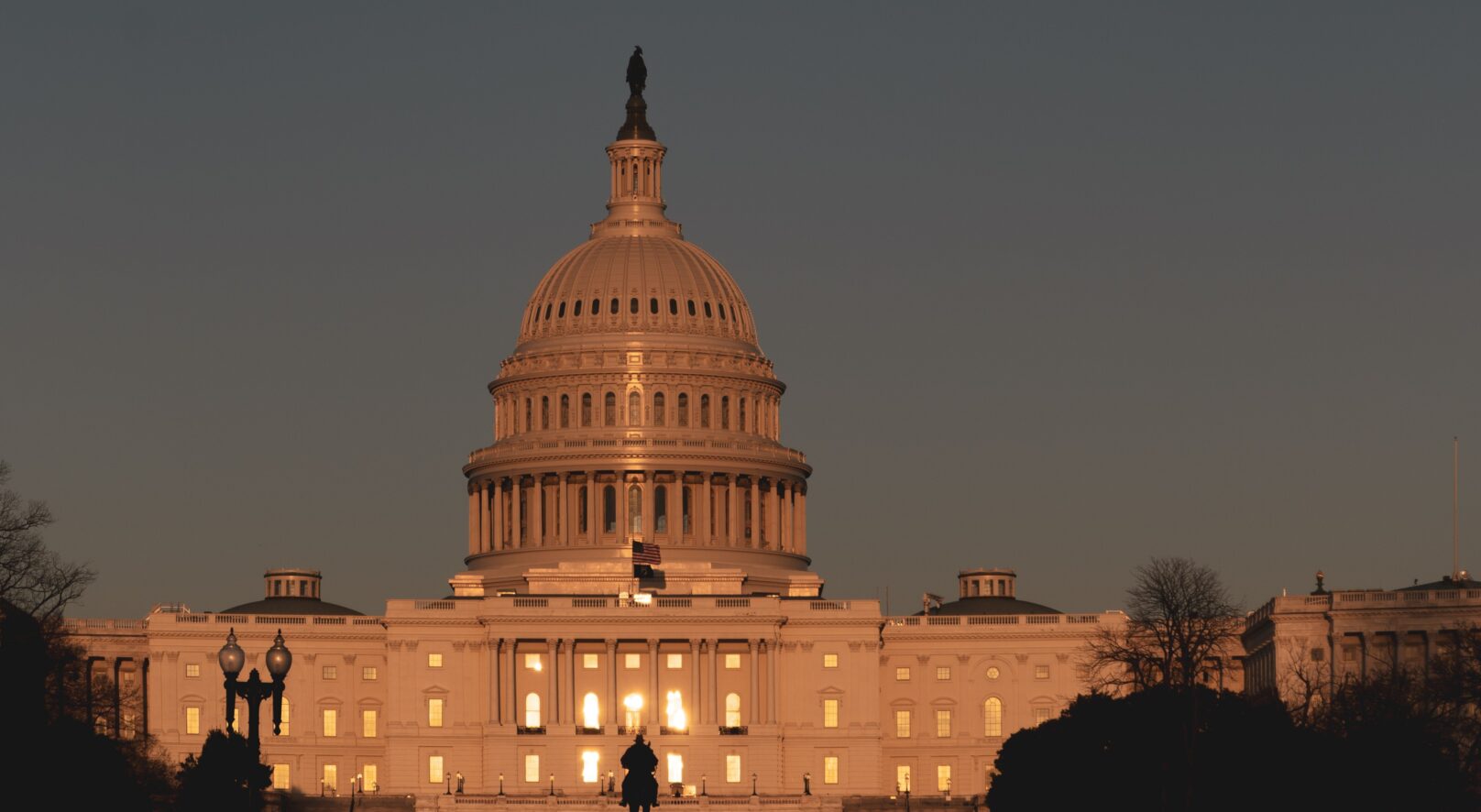Share

Excerpt cross-posted with permission from the Niskanen Center.
American constitutional democracy has always depended on citizens who understand its premise and promise, who seek out diverse perspectives and ideas, respect each other’s differences, and believe in a common future.
In this series, Citizens & Scholars is proud to publish diverse perspectives on citizen engagement and democracy from our network of Fellows and partners.
Our growing divisiveness is palpable and alarming, fueled by disinformation, distrust, and disgust. And while this moment in our history feels dire to some, C&S Fellow Lee Drutman argues that this feeling is precisely why we should feel optimistic:
Before we can rebuild our democracy, we first have to acknowledge that it is, in fact, falling apart. And we are indeed starting to realize this – hence the pervasive panic, that repeated prerequisite for reform. This is why I am ultimately optimistic. And why you should be, too.”

In How Democracies Revive, Mr. Drutman looks to history for lessons on why we should remain hopeful and where we as a democracy could go from here:
Though much is unique about our current impasse, much is also familiar. All democracies have ups and downs. American democracy has had ups and downs. We are in a “down.” And some “downs” last a long time. But they never last forever. Thus, the first lesson of history ― “the inevitability of course change” ― is perhaps the most obvious. Each generation is a reaction to the previous generation. But if the first lesson of history seems obvious, we keep forgetting it. Thus, the second lesson is “the illusion of course continuation.” That is, just as course change is inevitable, so is it almost equally inevitable that we forget this, and delude ourselves into thinking we have somehow escaped the broader patterns of history.
Time and again, we mistakenly predict that we have reached some new stage that will somehow last for centuries (e.g., we are at the “End of x” or “This time is really different” or Yale economist Irving Fisher’s September 1929 conclusion that “stock prices have reached what looks like a permanently high plateau”). Time and again, we mistakenly make straight-line projections about markets or demographics or politics, assuming that whatever trends have led us to this moment, they will continue indefinitely. But they never do.
One way to think about this is that history never moves in straight lines, but in waves, undulating in inevitable though unpredictable ups and downs of varying magnitudes. Yet, we as humans have a difficult time understanding exponential change. In calculus terms, we think in terms of first derivatives (steady rates of change), rather than second derivatives (changing rates of changes). Thus, in periods in which change is slow, we should expect it will eventually speed up. And when change speeds up, we should expect it will eventually change direction. Or put another way, it is in periods where things seem all too quiet that we should expect trouble ahead. And it is in periods where it feels like we are rapidly careening towards trouble that we should expect a much more fundamental change ahead. But mostly we don’t, because our brains are not hard-wired to think this way.
But precisely because most of us don’t think this way, the future belongs to those who can squint ahead a few years and invest their time and energy towards productive and creative disruptions – just as those with the courage to buy during wild market sell-offs can get rich.
Lee Drutman is a senior fellow in the Political Reform program at New America. He is the author of Breaking the Two-Party Doom Loop: The Case for Multiparty Democracy in America (Oxford University Press, 2020) and The Business of America is Lobbying (Oxford University Press, 2015), winner of the 2016 American Political Science Association’s Robert A. Dahl Award, given for “scholarship of the highest quality on the subject of democracy.” He was a member of the 2020 Brewer Fellowship to Unite America class at Citizens & Scholars and holds a Ph.D. in political science from the University of California, Berkeley and a B.A. from Brown University.
Stay Engaged
Get More News
Join our mailing list to get more news like this to your mailbox.
Support Our Work
Help us invest in the talent, ideas, and networks that will develop young people as effective, lifelong citizens.
Ways to Support Us